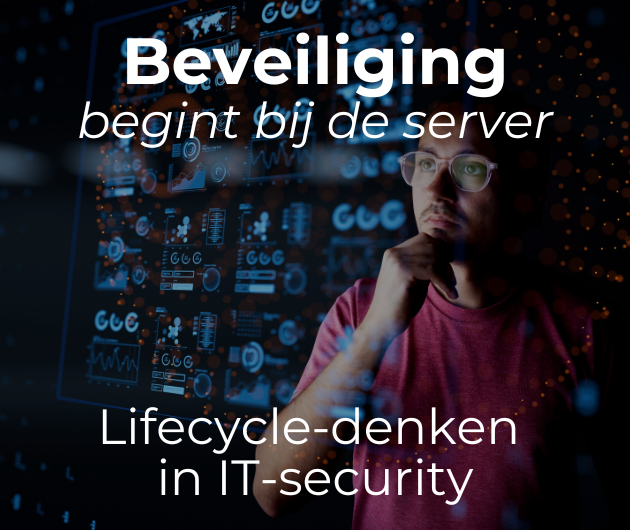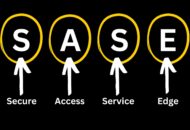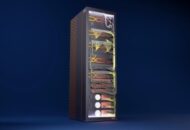I always seem to favour the underdog, but not in this case. SCO are accusing IBM of stealing source code from Unix for exploitation in Linux. They are claiming billions of dollars in compensation. This is a very sad situation which unfortunately emphasises the sorry financial state of some IT companies. It is not only the dot.coms that are hurting!
There is only one reason why SCO has made this move and that is that they can’t see any way to make profit from their legitimate business and see a legal wrangle as their only source of income. What a mess they must be in!
This is not just an attack on a large and wealthy corporation, but an attack on the whole open source community. Linux is far from being the only OSS product, but it is the key one. SCO are challenging both IBM and the OSS community. Since Microsoft were a significant share holder in SCO, cynics will suspect some underhand dealings from the PC software giantbut I think that this is just an example of the undesirable trend to make more money through the law courts than via genuine business.
SCO, formerly the Santa Cruz Operation, have a relatively long history in system software for Intel processor machines. They began life by developing a look-alike for Unix, called Xenix, one of the few multi-user operating systems for the PC hardware. In those days the Intel processors didn’t have the capability, in particularly memory management, needed for Unix, and so Xenix provided an alternative to the pathetic DOS operating system.
As the Intel processors reached the full 32-bit model, the full Unix system was ported to the PC platforms. SCO were one of the leading developers, along with Interactive and Sun, of PC Unix; Xenix survived for a long time in parallel with Unix. Unix itself, in those days owned by the originator, AT&T, was used with other processors by IBM as a basis for AIX, by Sun for Solaris and by HP for HP/UX.
With the acceptance of Unix in the commercial world combined with the ever improving price/performance ratio of PC hardware, a big market opportunity arose for Unix, which SCO easily won, particularly with packaged systems from Dell, ICL, Compaq, etc.
Novell however had the big money and a relatively poor product under growing pressure from Windows NT. Thus Novell bought the rights to Unix from AT&T. They released a product, UnixWare, similar to SCO Unix, but which had features for compatibility with Netware. This was a disaster! Novell had no ideas at all of how to sell Unix. In the end they sold off their rights to Unix and UnixWare to, of all people, SCO. SCO also got hold of the AT&T TP monitor, Tuxedo. SCO made the decision to concentrate on Unix and sold off the TP monitor business creating a new company called BEA. With the growth of application integration systems fuelled by the Internet BEA has become one of the major software houses while SCO has faded away.
Around the same time commercial versions of Linux appeared, a major reason for the loss of SCO Unix sales. One such company was Caldera. As SCO foundered Caldera took them over. This should have been a master stroke since Caldera now had a product range with SCO Unix at the top, as well as a good installed user base. But it wasn’t. They missed out on IBM’s move into Linux, IBM favouring RedHat and SUSE, so Caldera renamed themselves SCO, and started proceedings against IBM. It’s a sad story isn’t it?< BR>
Martin Healey, pioneer development Intel-based computers en c/s-architecture. Director of a number of IT specialist companies and an Emeritus Professor of the University of Wales.








